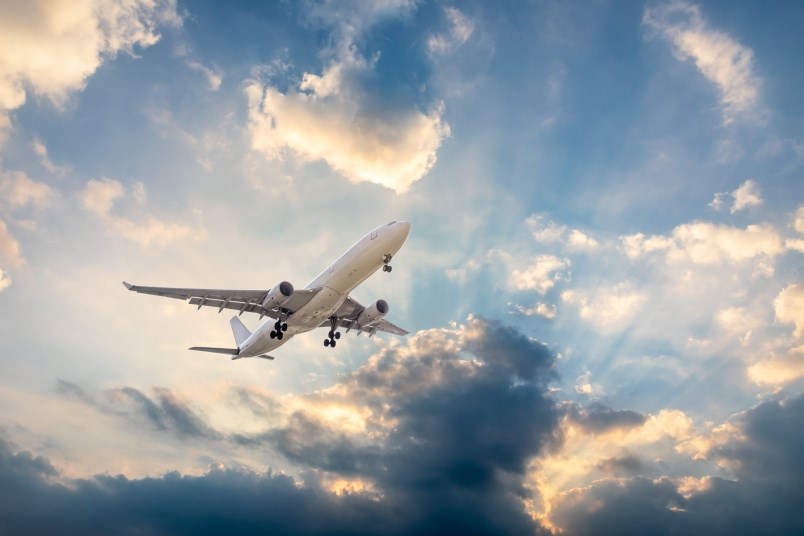Many questions are arising about who should be allowed to travel into or out of Canada, especially when there are several rules about COVID-19 restrictions and lockdowns.
This follows several high-profile politicians being called out over their holiday travel plans.
One of the newest changes is one that came into effect Jan. 7, which requires all air travellers coming to Canada to have a recent (within 72 hours) negative COVID-19 test.
"Effective midnight on January 7, 2021 (00:00 EST), regardless of citizenship, all travellers five years of age or older must provide proof of a negative laboratory test result for COVID-19 to the airline prior to boarding a flight to Canada,” said the Transport Canada website.
“The test must be performed using one of two types of COVID-19 tests – either a molecular polymerase chain reaction (PCR) or Loop-mediated Isothermal Amplification (LAMP) – and must be conducted within 72 hours of the traveller’s scheduled departure to Canada."
This new measure includes Canadians coming back home after they have travelled out of the country.
It also raises the question of what will happen if travellers can’t get a COVID-19 test in the country they are in? Can they still board a flight and get tested in Canada? Is there another option in Canada when they land if they are not able to get a COVID-19 test abroad?
Transport Canada said if you are travelling from a country where PCR testing is not available, you will be required to report to a designated Public Health Agency of Canada quarantine facility for the duration of their mandatory 14-day quarantine.
People who try to skirt the quarantine rules risk the chance of being caught.
Other questions relating to the new rule are answered in an FAQ (Frequently Asked Questions) page on the Transport Canada website.
This includes the question of cost and who pays for the COVID-19 PCR test. The answer is that the traveller pays and should make sure their travel insurance covers the cost of COVID-19 medical expenses.
Travellers coming to Canada, even Canadians coming back home, must also have a quarantine plan. The plan directs that you must remove yourself to a private place where you are not in contact with other persons.
For example, if you buy gasoline for your car, you are asked to pay at the pump. If you buy food, you are asked to use take-out and drive-through facilities. If you need groceries, use the phone-in order and pick up system.
There are also exemptions to the rules, as outlined in a Transport Canada backgrounder document:
Canadians who want to leave Canada, can do so. But there are things you should know before flying to another country. You might be the victim of changing regulations, and learn upon landing that you need to be quarantined immediately. Your trip could suddenly become longer than expected and you will be required to pay the cost of food and accommodations if you are quarantined. Don’t forget that coming back to Canada requires the new COVID-19 test.
Non-Canadian residents must still apply for permission to enter Canada, even for compassionate reasons. The reasons might include such things as being present during the final moments of life for a loved one, providing support to a person deemed critically ill, providing care to a person who medically requires support or attending a funeral or end-of-life ceremony.
None of the above situations is guaranteed and people seeking to enter Canada will have to provide documents proving why they are required to be in Canada.
Travel restrictions are also in place for Canadians who want to travel province to province, depending on where you live, and where you want to go. While most provinces allow inter-provincial travel, there are also areas where travellers will be required to quarantine or show cause why they need to travel.
Len Gillis is a Local Journalism Initiative reporter at Sudbury.com, covering health care in Northern Ontario. The Local Journalism Initiative is funded by the federal government.
